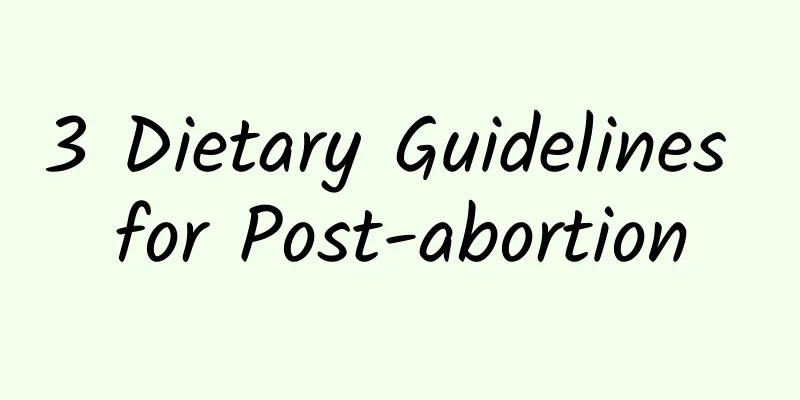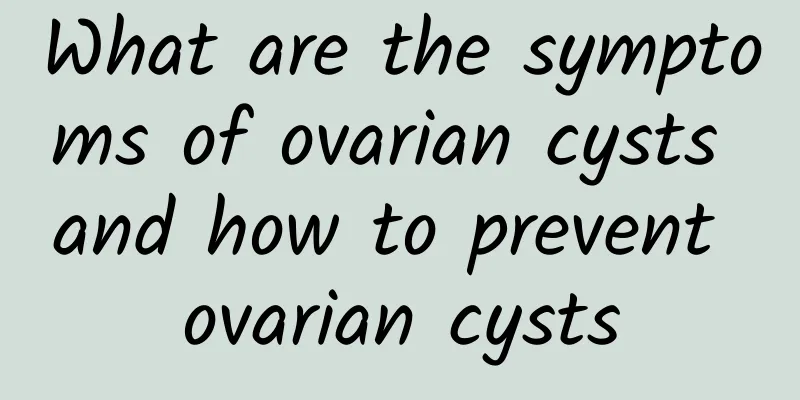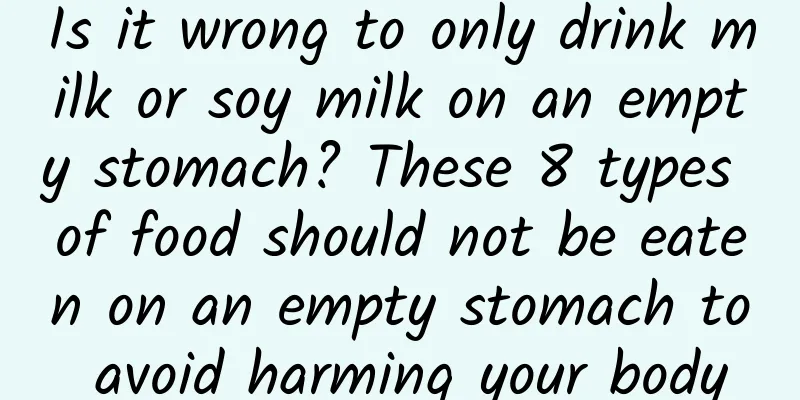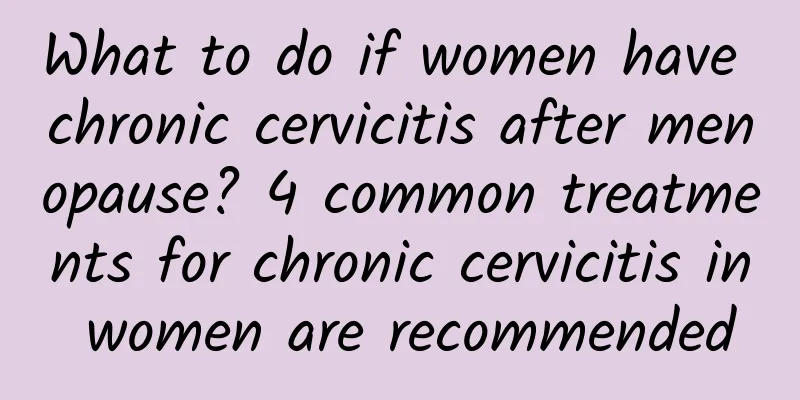3 Dietary Guidelines for Post-abortion

|
Artificial abortion is a way to end pregnancy artificially, but this method is actually very harmful to the patient. In addition to the psychological impact, it is also easy for women to suffer from some gynecological diseases, etc. Therefore, if an artificial abortion is performed, it is necessary to pay attention to post-operative care, especially in terms of diet. The following are three guidelines for diet after artificial abortion. Dietary adjustments should focus on the following points: (1) Protein is an important component of antibodies. If it is not taken in enough, the body's resistance will be reduced. Within half a month after artificial abortion, protein should be given at 1.5 to 2 grams per kilogram of body weight, and the daily amount is about 100 to 150 grams. Therefore, you can eat more chicken, lean pork, eggs, milk, beans, bean products, etc. (2) After an artificial abortion, the body is weak and prone to sweating. Therefore, water should be replenished in small amounts and multiple times to reduce water evaporation; sweat excretes a large amount of water-soluble vitamins, especially vitamin C, vitamin B1, and vitamin B2. Therefore, you should eat more fresh vegetables and fruits. This is also helpful to prevent constipation. (3) On the basis of a normal diet, fat should be appropriately limited. Within one week after surgery, fat should be controlled at about 80 grams per day. People with menstrual disorders should avoid eating irritating foods, such as chili peppers, wine, vinegar, pepper, ginger, etc. These foods can stimulate congestion of the sexual organs and increase menstrual volume. They should also avoid eating cold foods such as crabs, snails, and river clams. Try to eat well, sleep well, and pay attention to increasing nutrition to enhance the body's resistance to disease and promote the early repair of damaged organs. After abortion, you should eat more protein-rich foods such as fish, meat, eggs, and bean products, as well as fresh vegetables rich in vitamins to speed up your body's recovery. You should take food supplements immediately; you should not eat raw, cold, or irritating foods. If you have the conditions, you can refer to the normal postpartum diet. In addition, you should follow the taboos after childbirth in your life, do not take a bath, do not drink cold drinks, keep your clothes warm, and avoid catching a cold. |
<<: How to adjust your diet after an artificial abortion
>>: Selection of dietary recipes for post-abortion
Recommend
Necessary nursing measures for patients with ovarian cysts
Patients with ovarian cysts should strengthen the...
Female patients should pay attention to the treatment of irregular menstruation in time
Irregular menstruation can cause serious damage t...
How to determine whether it is dysmenorrhea or uterine inflammation How to determine which type of dysmenorrhea
How to determine whether it is dysmenorrhea or ut...
What does chocolate cyst mean? Is it serious?
Chocolate cyst, medically known as endometriosis ...
Which hospital is good for treating endometrial tuberculosis?
In life, many female friends are troubled by endo...
Longan honey annual output value of 1.2 billion yuan quality evaluation results released
The annual output value of Taiwan's longan ho...
To prevent uterine fibroids, eat more iron-rich foods
Preventing the occurrence of uterine fibroids is ...
Clinical symptoms of cervical hypertrophy
Among the many gynecological diseases, cervical h...
The dangers of surgery for cervical precancerous lesions
When it comes to cervical precancerous disease, f...
Does bacterial vaginosis affect fetal development?
Will bacterial vaginosis affect fetal development...
Diet for Bartholinitis
Bartholinitis is more common in women of childbea...
What causes ovarian cysts?
What causes ovarian cysts? The formation mechanis...
Can I drink brown sugar water after hysteroscopic abortion?
After hysteroscopic abortion, you can drink brown...
What should people with uterine fibroids eat?
What is the best food for people with uterine fib...
Is it true that poor sleep can lead to weight gain? ! Study: Good sleep can burn 300 calories a day
People often say, "I get fat because I sleep...









